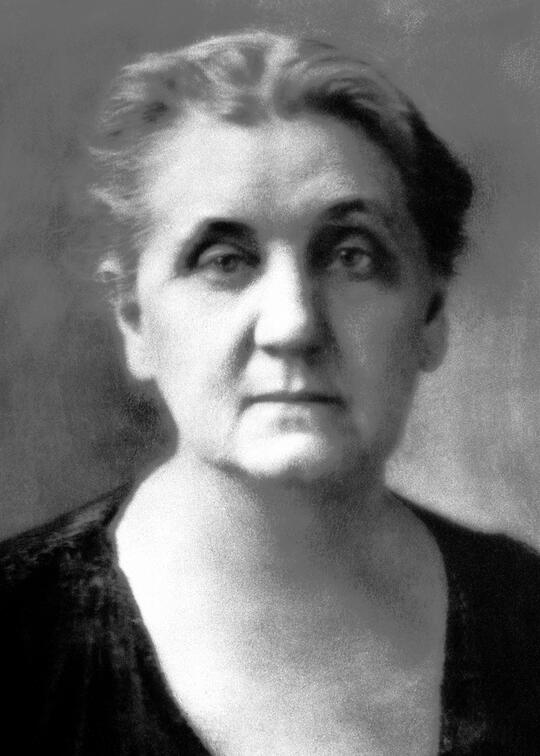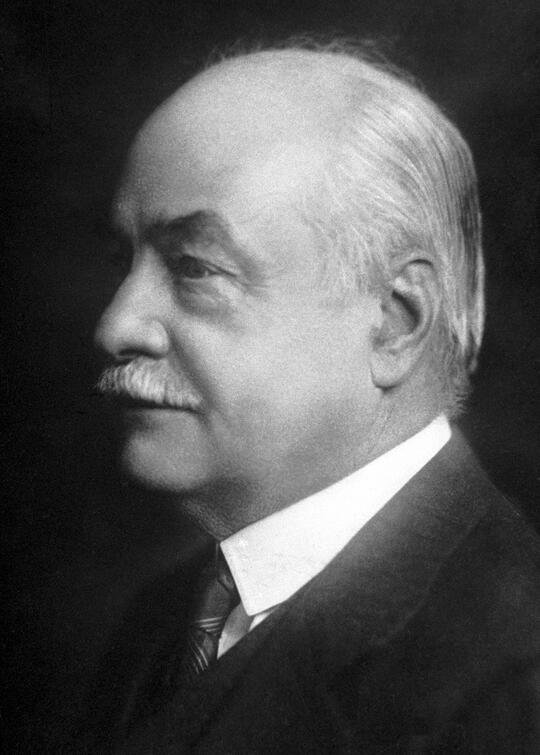1931
Jane Addams
Nicholas Murray Butler
for their assiduous effort to revive the ideal of peace and to rekindle the spirit of peace in their own nation and in the whole of mankind

Jane Addams (1860 - 1935)
USA
Women's International League for Peace and Freedom
Jane Addams was the second woman to receive the Peace Prize. She founded the Women's International League for Peace and Freedom in 1919, and worked for many years to get the great powers to disarm and conclude peace agreements. In the USA, Jane Addams worked to help the poor and to stop the use of children as industrial laborers. She ran Hull House in Chicago, a center which helped immigrants in particular. During World War I, she chaired a women's conference for peace held in the Hague in the Netherlands, and tried in vain to get President Woodrow Wilson of the USA to mediate peace between the warring countries. When the USA entered the war instead, Jane Addams spoke out loudly against this. She was consequently stamped a dangerous radical and a danger to US security. Addams was critical of the peace treaty that was forced on Germany in 1919, maintaining that it was so humiliating that it would lead to a German war of revenge. At the end of her life, Jane Addams was honored by the American government for her efforts for peace.
Nicholas Murray Butler (1862 - 1947)
USA